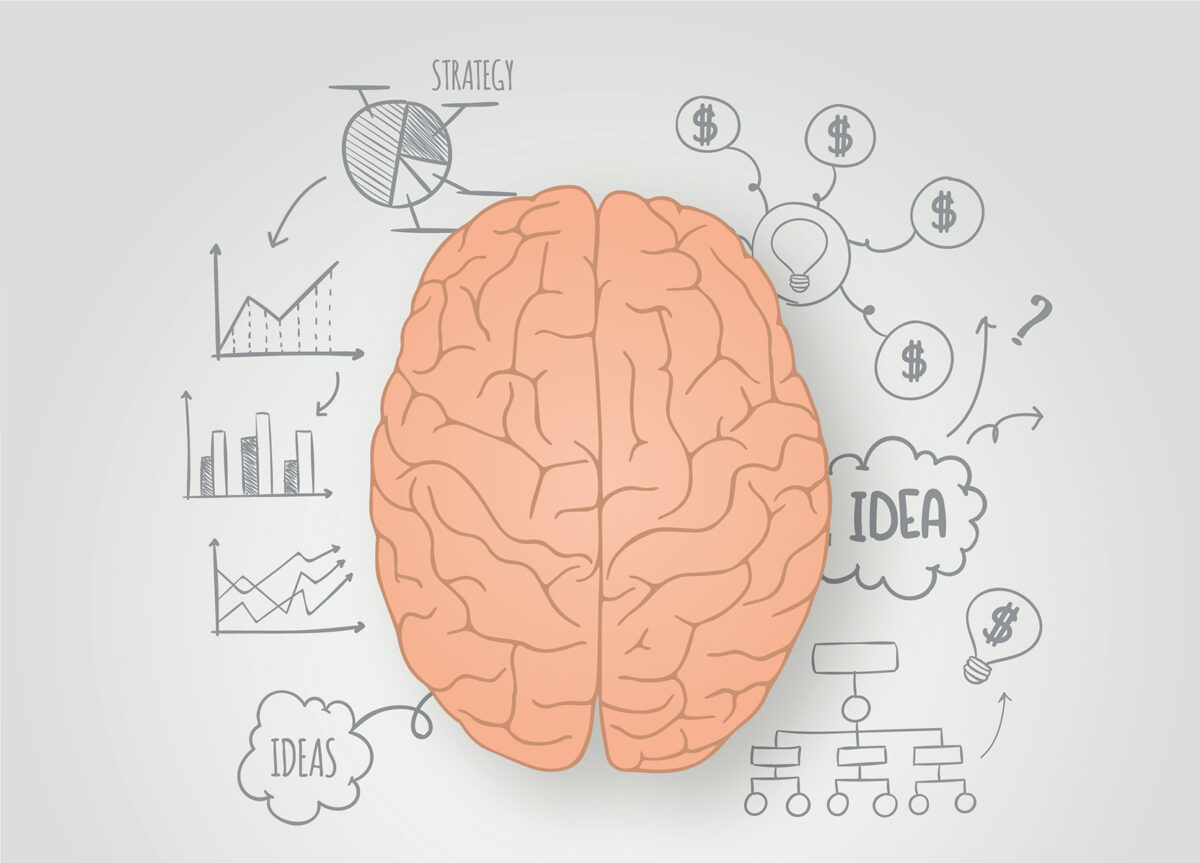When stressed, decisions often become driven by emotion and the easiest solutions, rather than the best outcomes. This is why EOS emphasizes delegation and elevation, helping to reduce decision fatigue, which occurs when the mental drain of constant decision-making diminishes the brain’s capacity to make well-considered choices. Research shows that the human brain has a limited amount of decision-making capacity, and constantly switching attention between different tasks, especially micro-tasks, can lead to cognitive overload and reduced productivity. This phenomenon, known as “attention residue,” occurs when the brain struggles to shift focus completely from one task to another, leading to decreased efficiency and higher levels of stress(McKinsey & Company)(Emerald).
A study by McKinsey found that many executives feel their decision-making processes are inefficient, with 68% of middle managers and 57% of C-level executives reporting that much of their decision-making time is ineffective. This inefficiency is compounded by frequent micro attention changes, which create cognitive interruptions and reduce overall productivity (McKinsey & Company). The concept of “Micro-Moments,” as discussed in marketing and cognitive studies, highlights how even brief shifts in attention can significantly impact decision quality and mental bandwidth(EMB Blogs).
In the UK, similar principles apply in assessing decision-making capacity. The Mental Capacity Act (MCA) emphasizes the need for support in making decisions, considering whether everything possible has been done to help the person make the decision themselves. This includes reducing unnecessary decision-making to preserve mental capacity for more critical choices (Gov.uk). The MCA also highlights that making a decision under stress or with reduced capacity does not necessarily indicate a lack of overall decision-making ability, reinforcing the importance of proper support and context-specific capacity assessments(Gov.uk).
At Process-Smart.biz, we understand the critical importance of preserving mental bandwidth for strategic and high-impact decisions. By offshoring routine and non-core tasks, we help our clients eliminate the thousands of low-value decisions that consume valuable cognitive resources. Our approach utilizes a mix of skilled global talent and advanced software to ensure these tasks are handled efficiently and effectively, without overburdening your in-house team.
This delegation of routine tasks not only reduces the decision fatigue experienced by your employees but also provides them with the mental space needed to focus on more significant and impactful decisions. By leveraging the strengths of people from around the world, Process-Smart.biz enables companies to maintain operational efficiency while enhancing decision-making quality. This increased bandwidth for critical thinking supports better strategic outcomes.

